Permaethos Permaculture Design Course Pdc 2015
$17
Shopping Instructions:
- DISCOUNT 15% : SHOP15
- Product Delivery: Within 1 – 12 hours after purchase.
Permaethos Permaculture Design Course Pdc 2015
Sale Page : -/-
Description:
The Permaculture Design Course teaches how we can utilize today’s tools and technology to shape a more sustainable and equitable world for all species. Permaculture is more than just planting a garden. It is a sustainable design approach that is applicable to all human activities.
Permaculture covers all aspects of human life. It is grounded in practical real world design and extends into the complex realm of sustainable social design. It extends further into the invisible design of organizing energy exchange between people and communities. The PDC empowers, informs and trains people to be effective designers and agents of active change in their homes and communities. The PDC endeavors to teach teachers, in order to spread and localize this important information. The permaculture community is unified by the common ethic of earth care, people care and return of surplus.
In this way we actively change the world one garden at a time.
WHAT DO YOU GET WHEN YOU PURCHASE ACCESS TO THE PDC LIBRARY?
- Lifetime access to an ever-expanding library of Permaculture instruction. Nothing like this has ever been done before!
- 72 hours of instructional video from Josiah Wallingford
- Students will recieve a signed certificate upon completion
- Over 100 more hours of unedited content has been added and presented by:
- Paul Wheaton
- Jack Spirko
- Tim Barker
- Thomas J. Elpel
- Helen Atthowe
- Ernie Wisner
- Erica Wisner
- Jacqueline Freeman
- Zachary Weiss
- Davin Hoyt
- Nick Ferguson
- Access to hours of additional content as it is created:
- Recently added Appropriate Technology Course – over 100 hours of additional unedited content!
- Hours of Q&A and adjunctive videos from instructors like Jack Spirko and Nick Ferguson
All these videos will be available to you for life and can be downloaded in HD (720p) at your convenience.
Self Help – Self Help online course
More information about Self Help:
Self-help or self-improvement is a self-guided improvement—economically, intellectually, or emotionally—often with a substantial psychological basis.
Many different self-help group programs exist, each with its own focus, techniques, associated beliefs, proponents and in some cases, leaders.
Concepts and terms originating in self-help culture and Twelve-Step culture, such as recovery, dysfunctional families, and codependency have become firmly integrated in mainstream language.
Self-help often utilizes publicly available information or support groups, on the Internet as well as in person, where people in similar situations join together.
From early examples in self-driven legal practice and home-spun advice, the connotations of the word have spread and often apply particularly to education, business,
psychology and psychotherapy, commonly distributed through the popular genre of self-help books.
According to the APA Dictionary of Psychology, potential benefits of self-help groups that professionals may not be able to provide include friendship,
emotional support, experiential knowledge, identity, meaningful roles, and a sense of belonging.
Please kindly contact us if you need proof of item.
1 review for Permaethos Permaculture Design Course Pdc 2015
Add a review Cancel reply
Related products
Personal Development
Tarek Bibi – The Ascension Program For Lightworkers & Empaths
Personal Development
Personal Development
Bob Proctor – The secret to Wealth – Mind & Money Strategies
Personal Development
Udaya Yoga – Michelle Goldstein – Deep Into the Hips (20 Minutes)
Personal Development
Personal Development
Personal Development
John Dupuy ft Leigh Spusta – iAwake Technologies – Deeply Theta
Personal Development



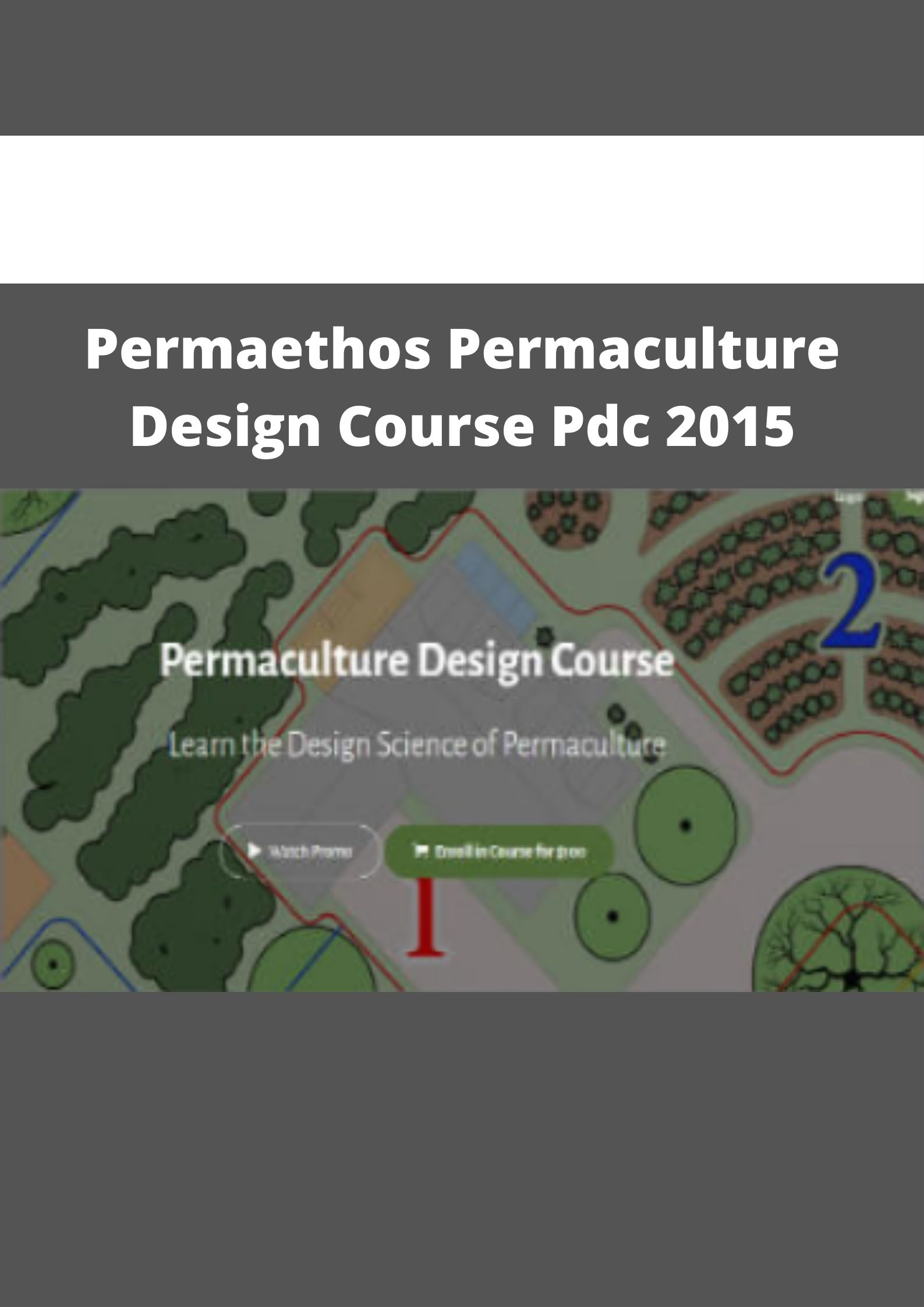
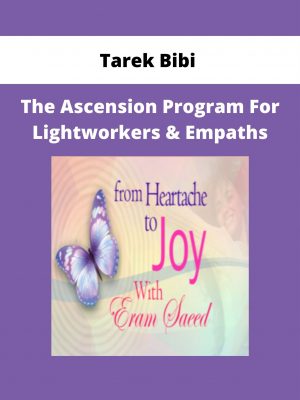

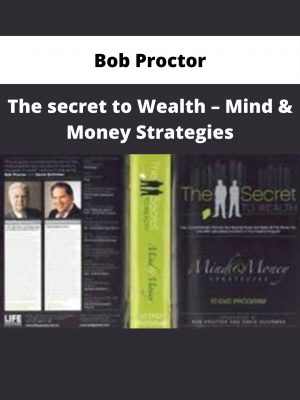
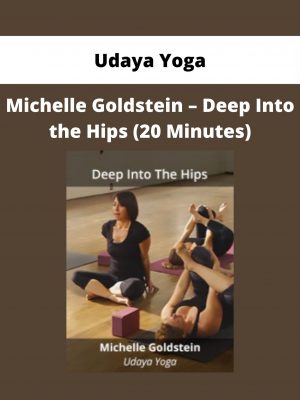
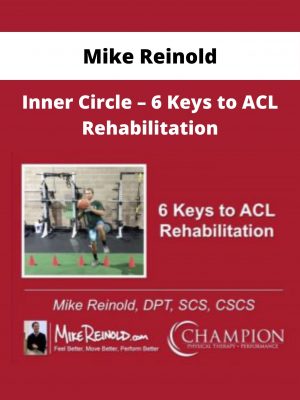
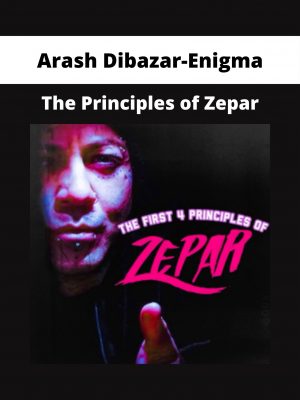
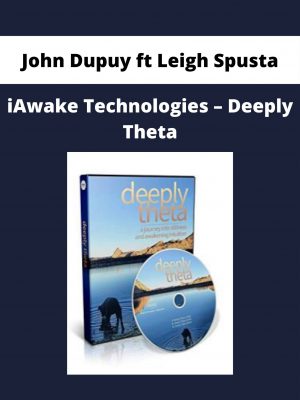
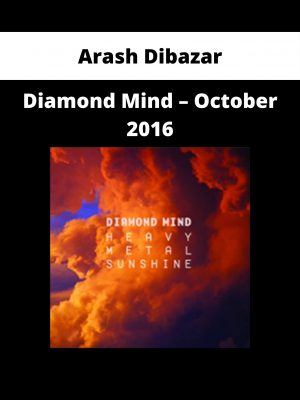
Jeffry Homenick –
Smooth transaction. Thanks | Permaethos Permaculture Design Course Pdc 2015